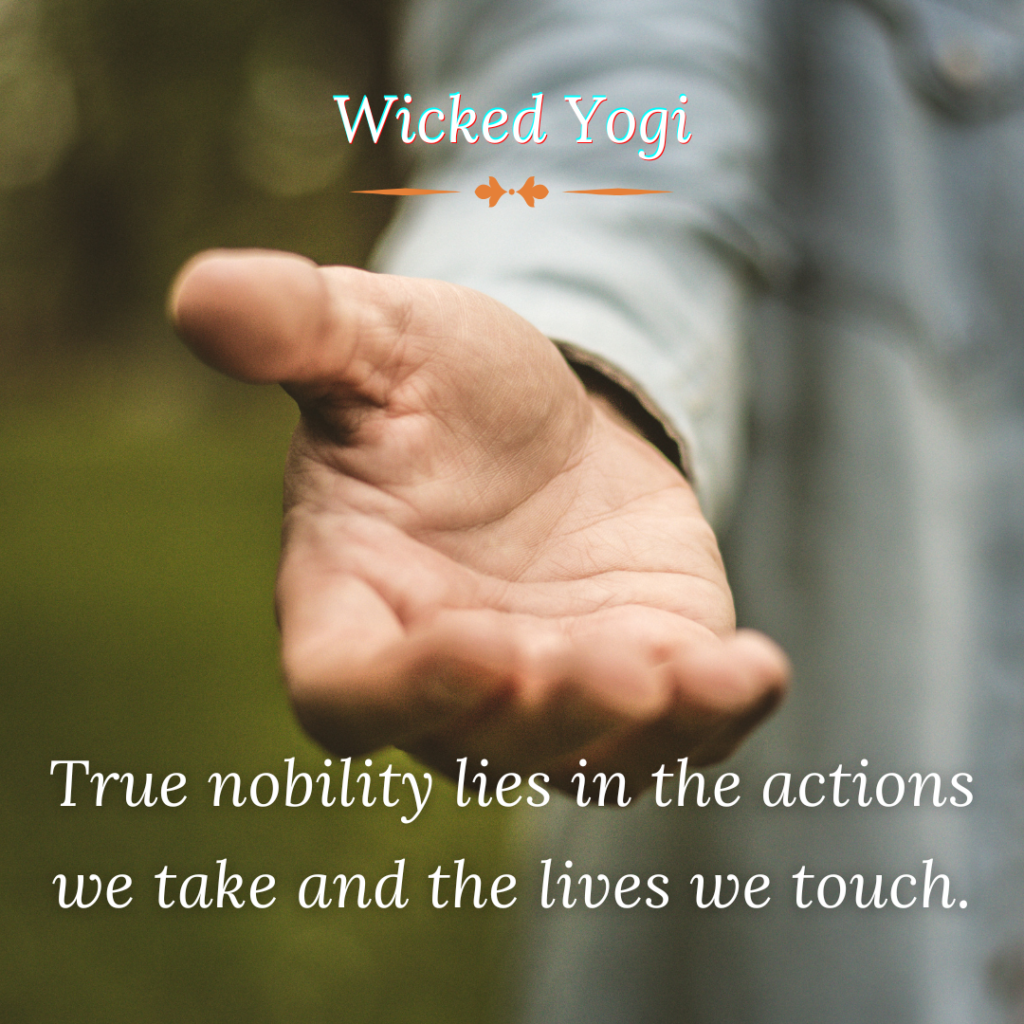In the enchanting realm of fairy tales and bedtime stories, the allure of royalty has long captured our imaginations. We find ourselves drawn to the tales of princes and princesses, dreaming of a world where the mere accident of birth bestows upon them power, wealth, and control. Yet, amidst the glittering tapestry of crowns and castles, we often overlook the historical realities that lie beneath the surface of these cherished narratives.
History reminds us that in the not-so-distant past, the concept of monarchy was far from the romanticized image we hold dear. In those bygone eras, kings and queens often ruled with an iron fist, their power absolute and unchallenged. The notion of individual liberty was but a fleeting whisper, lost in the halls of grand palaces and the vast expanses of their kingdoms. The subjects, the common people, were often viewed as mere extensions of the royal will, their lives and fates dictated by the whims of those who wore the crown.
"The allure of royalty in fairy tales masks the harsh realities of historical monarchies, where power was absolute and individual liberty was but a fleeting whisper."
As we tuck our children into bed, regaling them with tales of brave princes and beautiful princesses, we unknowingly perpetuate an ideology that has its roots in a time when birthright alone determined one's station in life. We paint a picture of a world where the mere presence of royal blood grants one the right to rule, to shape the destinies of countless individuals without question or consequence.
But let us pause for a moment and consider the implications of this seemingly harmless tradition. By elevating the concept of royalty to a pedestal, we risk instilling in our children the belief that some are born to lead while others are destined to follow. We inadvertently teach them that power and control are the ultimate goals, rather than compassion, empathy, and the desire to create a better world for all.
In our modern era, we have seen the transformative power of democracy and the importance of equality. We have witnessed the rise of leaders who serve their people, rather than rule over them. The kings and queens of today, in many parts of the world, have adapted to the changing times, embracing their roles as symbols of unity and progress, rather than as absolute monarchs.
"Through bedtime tales of royalty, we risk perpetuating outdated ideologies where birthright determines destiny. Let's teach our children the values of democracy, equality, and leadership through service."
Yet, the fairy tales we tell and the games we play still cling to the vestiges of a bygone era. We dress our children in the robes of princes and princesses, encouraging them to dream of a life where their every wish is granted, their every command obeyed. But perhaps it is time for us to rewrite these stories, to create new narratives that celebrate the values of our time—narratives that teach our children to aspire to be kind, to be just, and to use their power and privilege to uplift others.
Let us bid farewell to the outdated notions of birthright and instead, embrace the idea that true nobility lies in the actions we take and the lives we touch. Let us teach our children that the measure of their worth is not determined by the crown upon their head, but by the love in their hearts and the good they bring into the world.
For in the end, the fairy tales we cherish need not be discarded, but rather, reimagined. We can still revel in the magic and wonder of these stories, while also acknowledging the important lessons they can impart. By doing so, we empower our children to become the heroes of their own tales—not princes and princesses in a kingdom of old, but compassionate leaders and agents of change in a world that yearns for their guidance and wisdom.
"The measure of their worth is not determined by the crown upon their head, but by the love in their hearts and the good they bring into the world."
Wicked Yogi




